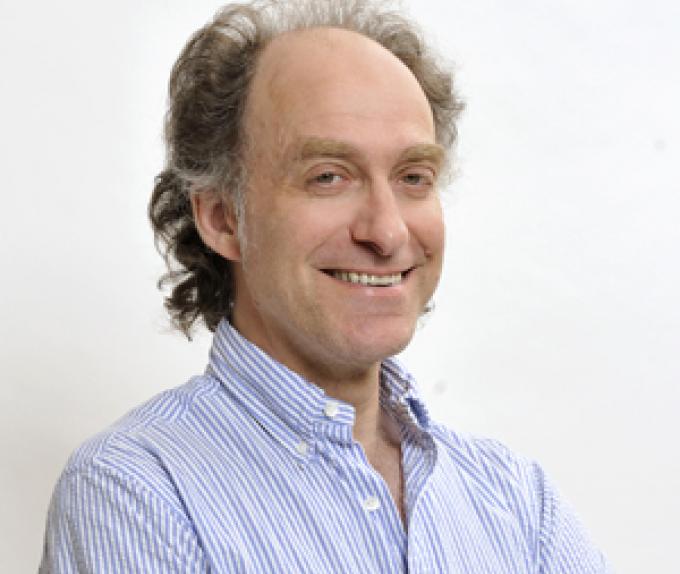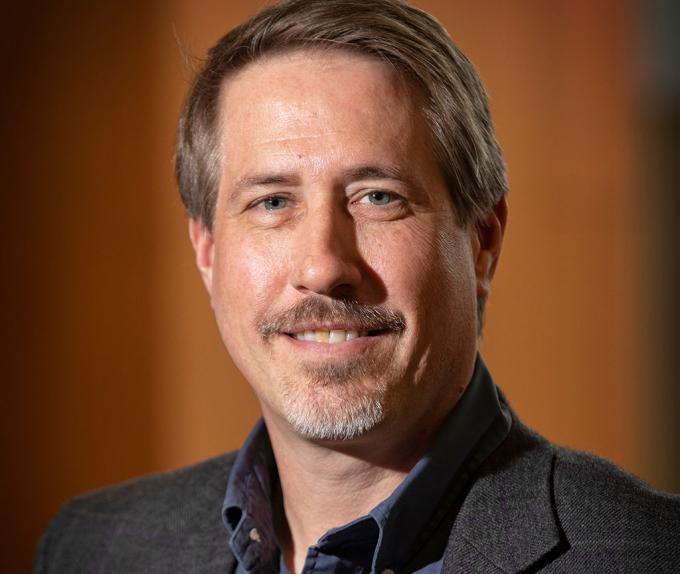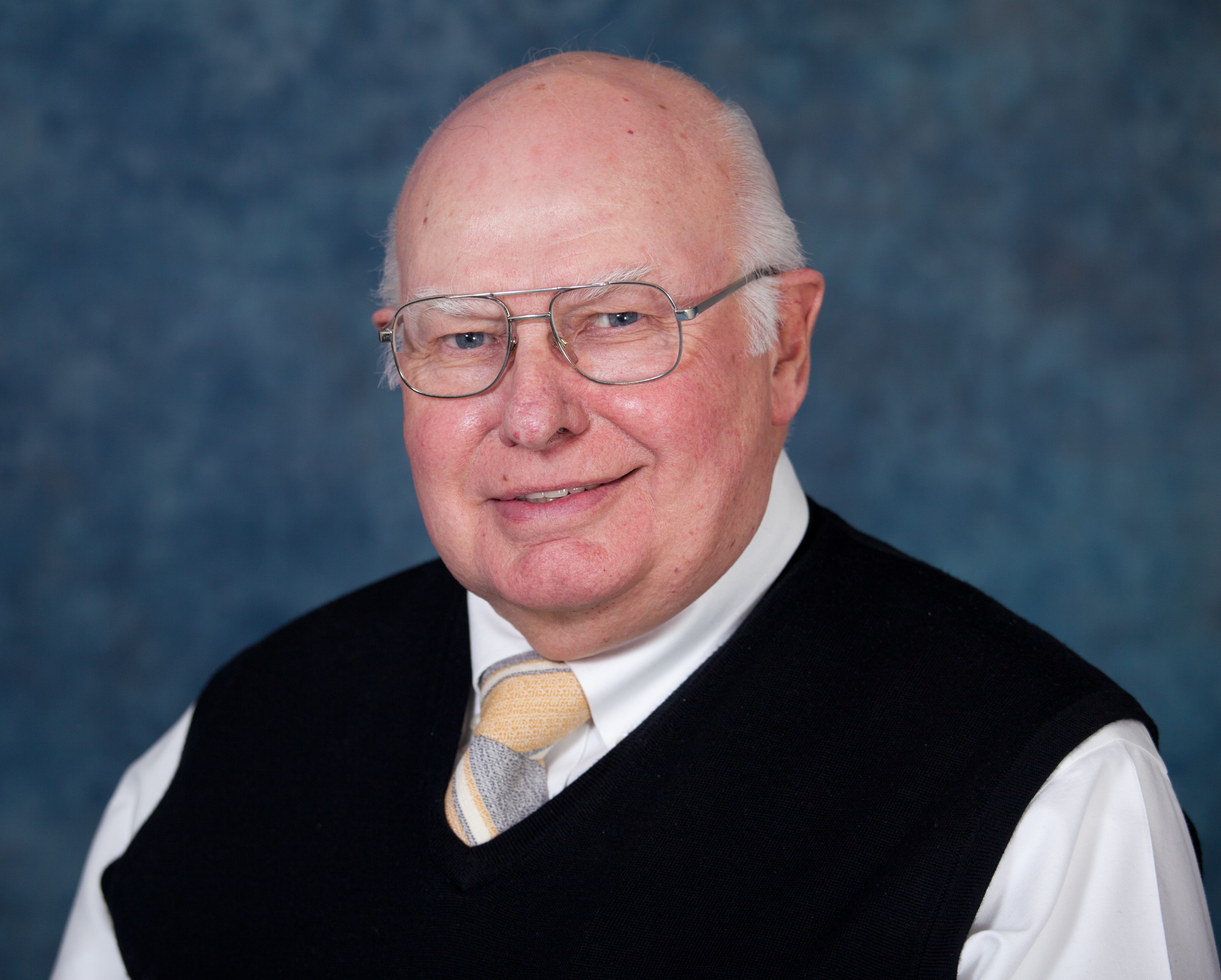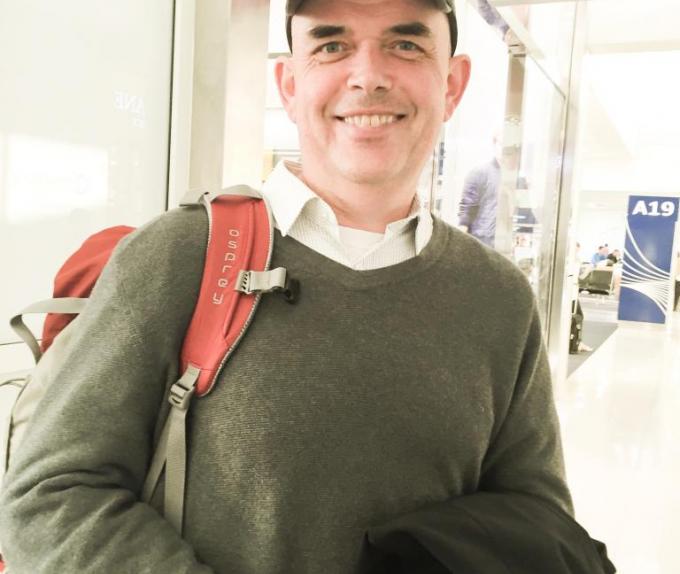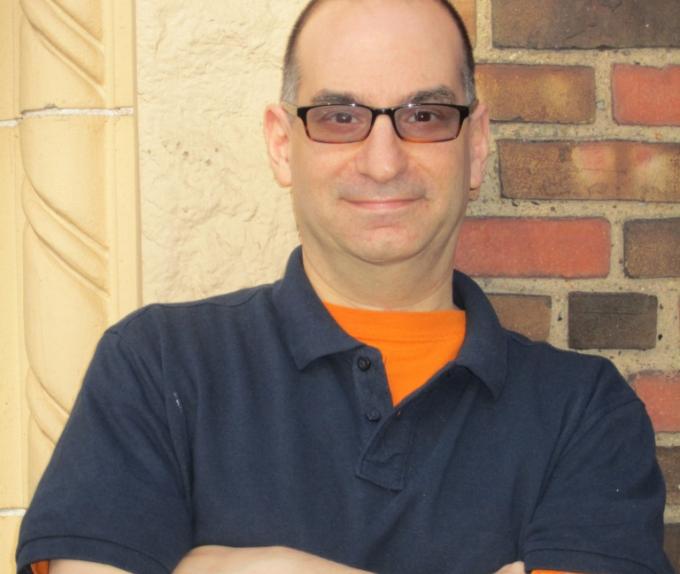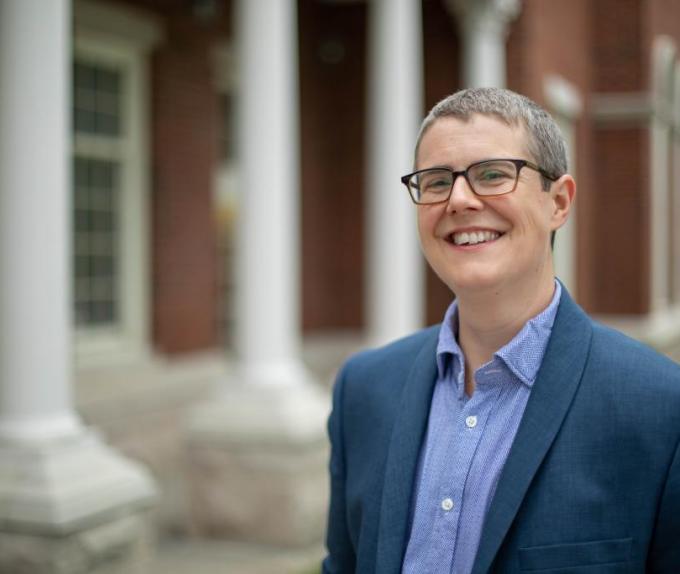AXIOMS FOR READING THE LANDSCAPE
Just published in Progress in Physical Geography: Place Formation and Axioms for Reading the Natural Landscape. This work is an attempt to develop some formalisms for analyzing the biophysical landscape from the perspective of place formation--how landscapes, environments, and places evolve and become different from each other. My original efforts were in the form of conceptual model, but (thanks in large measure to reviewers and critiques of earlier versions) I realized that (A) the critical principles could be reduced to axioms, and (B) a set of guidelines or axioms is a more effective (and honest) way to present the approach. The abstract is below:
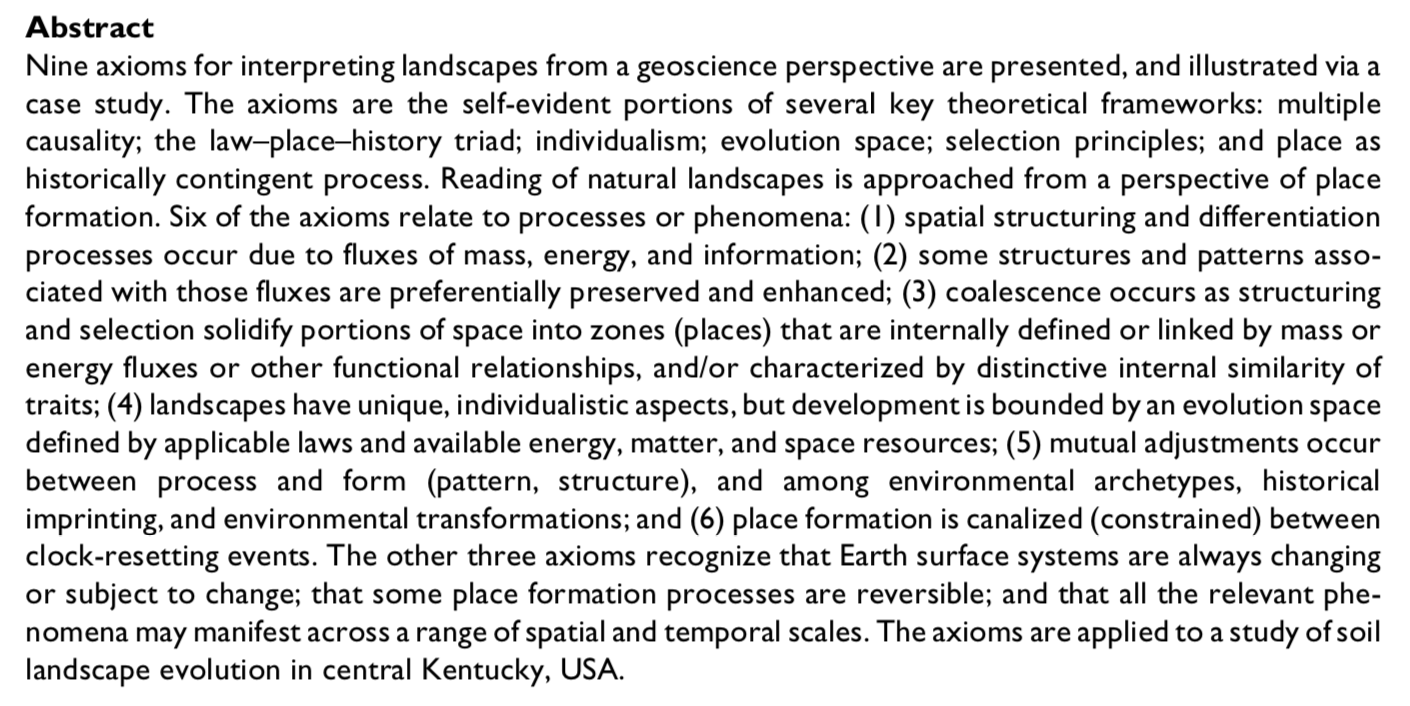
A copy of the full text is attached.
New Maps Plus Student Wins National Cartography Award
By Madison Dyment
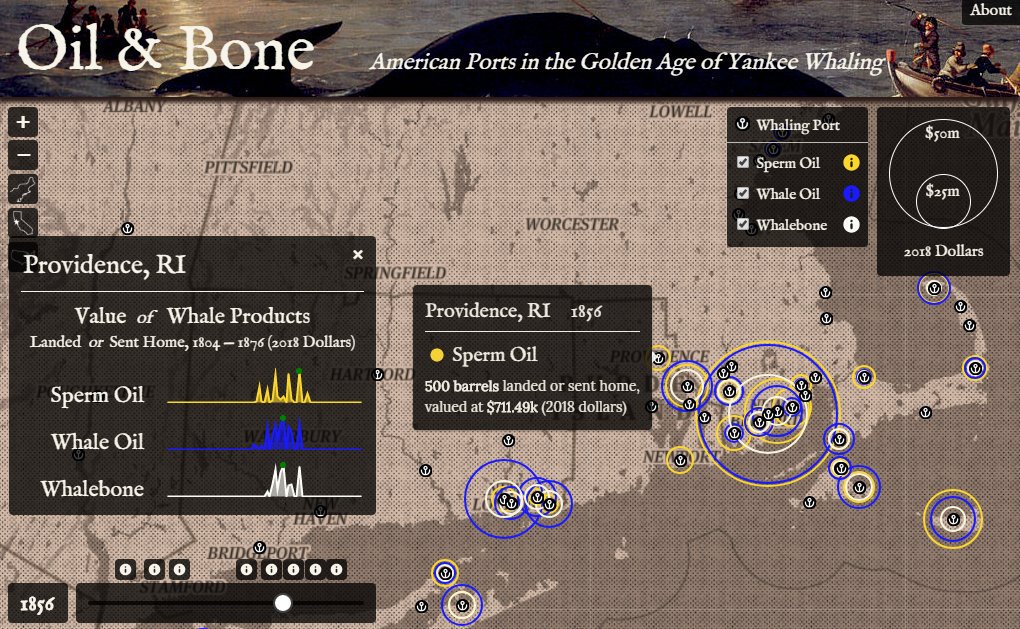
Kerry Gathers’ map detailed the economic impact of the whaling industry throughout the 19th century.
Social Change in a Material World
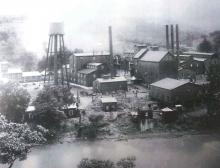
Social Change in a Material World offers a new, practice theoretical account of social change and its explanation. Extending the author’s earlier account of social life, and drawing on general ideas about events, processes, and change, the book conceptualizes social changes as configurations of significant differences in bundles of practices and material arrangements. Illustrated with examples from the history of bourbon distillation and the formation and evolution of digitally-mediated associations in contemporary life, the book argues that chains of activity combine with material events and processes to cause social changes. The book thereby stresses the significance of the material dimension of society for the constitution, determination, and explanation of social phenomena, as well as the types of space needed to understand them. The book also challenges the explanatory significance of such key phenomena as power, dependence, relations, mechanisms, and individual behavior. As such, it will appeal to sociologists, geographers, org studies scholars, and others interested in social life and social change.
The Geography of the Internet Industry: Venture Capital, Dot-coms and Local Knowledge
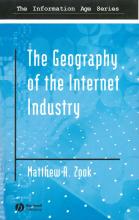
This groundbreaking book analyses the geography of the commercial Internet industry. It presents the first accurate map of Internet domains in the world, by country, by region, by city, and for the United States, by neighborhood.
Demonstrates the extraordinary spatial concentration of the Internet industry.
Explains the geographic features of the high tech venture capital behind the Internet economy.
Demonstrates how venture capitalists' abilities to create and use tacit knowledge contributes to the clustering of the internet industry
Draws on in-depth interviews and field work in San Francisco Bay Area and New York City.
Kentucky's Frontier Highway: Historic Landscapes along the Maysville Road
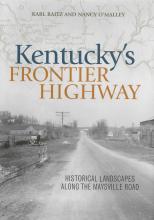
Eighteenth-century Kentucky beckoned to hunters, surveyors, and settlers from the mid-Atlantic coast colonies as a source of game, land, and new trade opportunities. Unfortunately, the Appalachian Mountains formed a daunting barrier that left only two primary roads to this fertile Eden. The steep grades and dense forests of the Cumberland Gap rendered the Wilderness Road impassable to wagons, and the northern route extending from southeastern Pennsylvania became the first main thoroughfare to the rugged West, winding along the Ohio River and linking Maysville to Lexington in the heart of the Bluegrass.
Kentucky's Frontier Highway reveals the astounding history of the Maysville Road, a route that served as a theater of local settlement, an engine of economic development, a symbol of the national political process, and an essential part of the Underground Railroad. Authors Karl Raitz and Nancy O'Malley chart its transformation from an ancient footpath used by Native Americans and early settlers to a central highway, examining the effect that its development had on the evolution of transportation technology as well as the usage and abandonment of other thoroughfares, and illustrating how this historic road shaped the wider American landscape.
Territory, the State and Urban Politics: A critical Appreciation of the Selected Writings of Kevin R. Cox
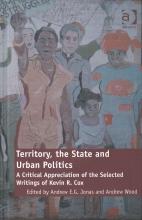
Following its rise to prominence in the 1990s work on territory, the state and urban politics continues to be a vibrant and dynamic area of academic concern. Focusing heavily on the work of one key influential figure in the development of the field - Kevin R. Cox - this volume draws together a collection of prominent and well established scholars to reflect on the development and state of the field and to establish a research agenda for future work.
Economic Geography: Places, Networks and Flows
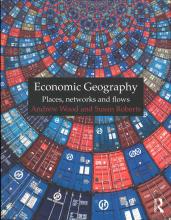
The tension between fixity and mobility also underpins my work with Gavin Bridge (Durham University) on the geographical reach of the international oil industry. We are principally interested in the changing geographies of knowledge in the industry and how different forms of knowledge and knowing help and/or hinder the globalization of US oil firms.
The stickiness of economic activity is key to a second ongoing research project, with Nick Phelps (University College London), examining the growth and development of the location consulting industry. Location consultants or site selectors broker between large firms and communities seeking to attract inward investment. We are interested in the role consultants play in enabling the mobility of capital and in shaping the landscape of investment and disinvestment. Findings from the project are outlined in two recent papers in Journal of Economic Geography and Environment and Planning A.
Migration - 2nd Edition
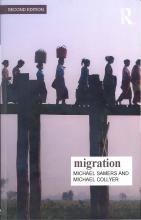
International migration is a momentous and complex phenomenon, affecting millions of people in sending and receiving countries alike. The mediatized movement of people across borders has been a source of anxiety for many societies, as is witnessed by the world-wide rise of populist, anti-immigration politics. In such a juncture, there is a desperate need for reliable academic knowledge and insights. Migration written by two internationally acclaimed scholars provides a timely and carefully written overview of the state-of-the-art in this field. A must read book for anyone interesting in understanding our globalizing world.'Prof. Dr. Jan Rath, Professor of Sociology, University of Amsterdam, The Netherlands'Samer's and Collyer's text is a masterly tour de force, reviewing theories of migration, employment, citizenship and belonging. Wonderfully comprehensive yet engagingly accessible, it will become key reading for all students of migration across the social sciences.'Professor Linda McDowell, School of Geography and the Environment, University of Oxford, UK'This is a timely edition and a tour de force. Collyer and Samers answer the key questions about the dynamics of international migration, the incorporation of migrants and their descendants in host societies, markets and polities as well as the policies that are likely to affect these phenomena. They do so by a stimulating analysis of cutting edge research across social science disciplines. The book convincingly shows the contribution of geography and spatial concepts to the understanding of international mobility, its causes and consequences.' Virginie Guiraudon, Research Director at the Sciences Po Center for European Studies, France'International Migration is both a transnational movement that span state borders and a local phenomenon that imbues the everyday experience of people. Collyer and Samers propose a comprehensive and much-needed outlook of the different migration theories. They masterfully elicit the complex mechanics of international migrations and compellingly use the tools of geography to hold together the different scales and facets of migration processes. Migration is a must-read for students and scholars of migration.
The People, Place and Space Reader
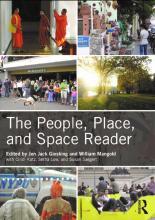
The People, Place, and Space Reader brings together the writings of scholars, designers, and activists from a variety of fields to make sense of the makings and meanings of the world we inhabit. They help us to understand the relationships between people and the environment at all scales, and to consider the active roles individuals, groups, and social structures play in creating the environments in which people live, work, and play. These readings highlight the ways in which space and place are produced through large- and small-scale social, political, and economic practices, and offer new ways to think about how people engage the environment in multiple and diverse ways.
Providing an essential resource for students of urban studies, geography, sociology and many other areas, this book brings together important but, till now, widely dispersed writings across many inter-related disciplines. Introductions from the editors precede each section; introducing the texts, demonstrating their significance, and outlining the key issues surrounding the topic. A companion website, PeoplePlaceSpace.org, extends the work even further by providing an on-going series of additional reading lists that cover issues ranging from food security to foreclosure, psychiatric spaces to the environments of predator animals.

